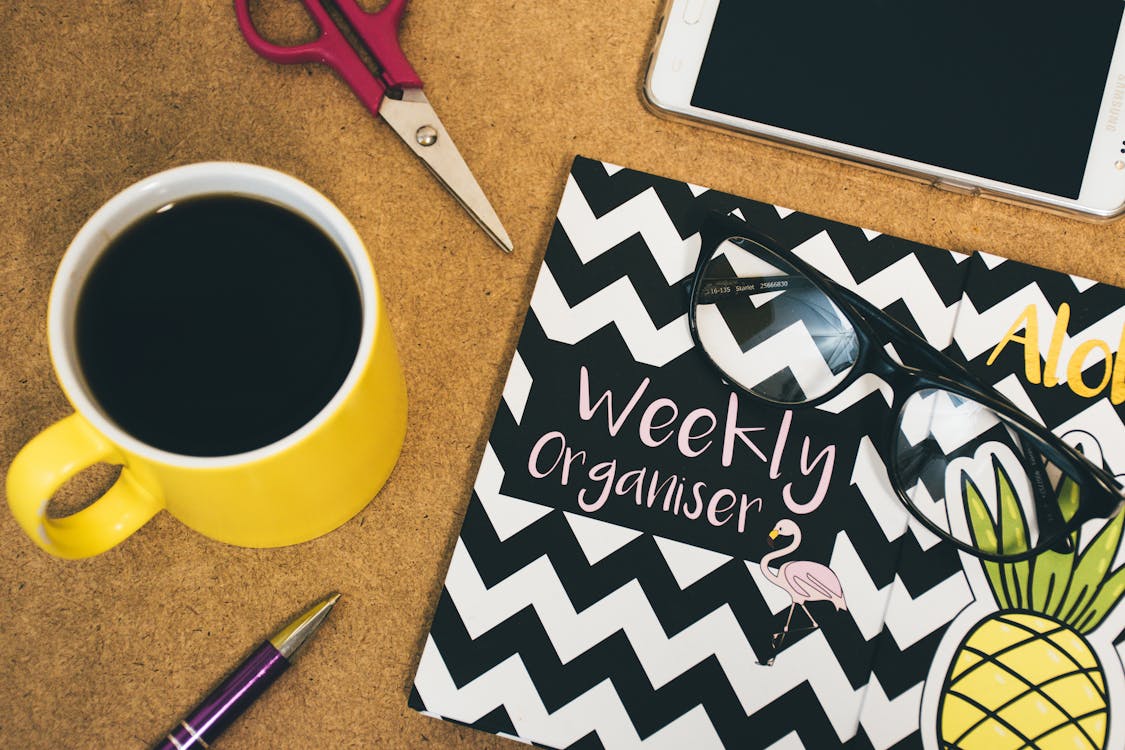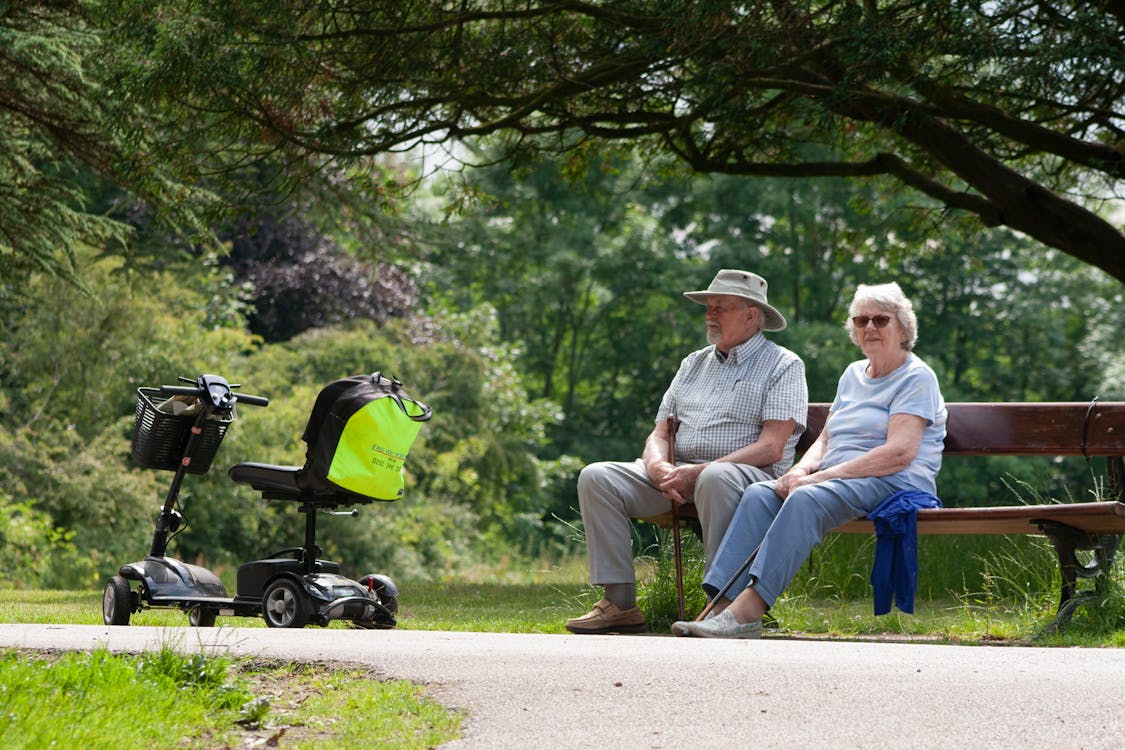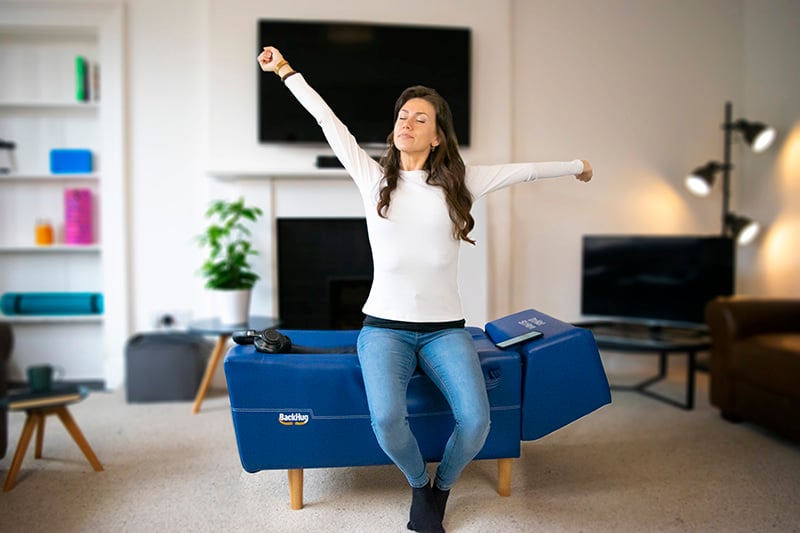10 Tips For Living With MS
What is MS?
Multiple Sclerosis is a life-long condition with symptoms such as fatigue, pain, bladder and bowel problems, sexual dysfunction, movement and coordination difficulties, impaired vision and delayed cognition. It can also lead to a variety of emotional problems: grief and sadness, worry, fear, moodiness, and irritability. In more severe cases it can make sufferers anxious and depressed.
We have looked across the web for the top tips on living with MS and have listed them below. The full articles can be found by clicking the links at the bottom of the page.
You can jump to the topic you are interested in:
- Staying Positive
- Sharing with others
- Being Organised
- Time For Yourself
- Exercise
- Diet
- Smoking
- Alcohol
- Sleep
- Make Life Easier
1. Staying Positive

- Look at things from a different point of view
- Stay positive. Don’t be a victim be a crusader.
- Ditch the guilt. Stop feeling guilty about things you can’t control
- Stop apologising. Continually saying sorry affects the way we think about ourselves and reduces our self-worth.
- Be happy. Happiness is a state of mind that you can control. You don’t have to be happy with MS, but you can try and maximise the positives from each day.
- Take great pleasure in simple things. Enjoying the people and things you love promotes your physical and emotional well-being.
- When you are feeling down and low, and you will, don’t despair. Instead, remind yourself that the feelings are temporary and you will feel better. Don’t try forcing happiness when you’re down as it can lead to frustration and feeling worse.
- When feeling low, stop and think about the good things in your life. This can be hard, but happiness will let there somewhere, even if it’s deeply buried.
- When the symptoms are not so bad, try and live in the moment and enjoy it rather than worry about how bad they might be when the symptoms return.
- Don’t compare yourself with others, especially those who don’t have MS. Comparisons can lead to self-pity that can then make you feel worse about yourself.
- Staying social is very important. Although physical activity may no longer be an option, there are lots of other ways to keep socially active. Although this can be challenging for some; you can remove a lot of stress by calling ahead to make sure the venue is comfortable, safe, and easily accessible.
2. Sharing With Others

- Share your thoughts and emotions with others. You don’t want pity, you want understanding. Although deciding whom to tell and how much information to provide is not easy.
- Your partner and family is a good place to start. They will not know what you are experiencing unless you tell them.
- If your symptoms interfere with home activities, you may need to shift household roles and responsibilities with your partner and family.
- If you’re a parent, tell your children. It may not be easy, but MS affects the whole family and they need to be involved and where possible, take on their share of the household chores and responsibilities.
- Ask for help. You would do it for friends and family, why would they not do it for you?
- Find a local network to share with. This includes online social groups, social media interaction, and community networks. Sharing with others can alleviate the feeling of being isolated. Getting involved and helping others with MS can also provide an emotional lift.
- Spending time and energy developing personal relationships with those that you can share with is not wasted.
- However mild or severe your symptoms may be, you should consider telling your employer or place od education about your condition so that your needs can be met in a confidential manner. If your job is physically demanding you may need to find a more suitable position.
- Talking to others about your experiences helps you lighten the mental load and understand and better manage the many effects of MS.
- If you need to talk about sensitive or private feelings, relationships or the impact MS is having on your life, consider discussing it with a councillor in a safe, one-to-one atmosphere.
3. Being Organised

- Keep organised: buy a chalkboard and put reminders on the fridge.
- Use your mobile phone to keep agendas and send you reminders throughout the day
- Keep in control. Set your own agenda
- Get into a routine and make your unpredictable life more predictable
- Compromise – sometimes you just can’t do everything all the time
- Organise your family resources like money, time, and emotional energy so that nothing or no one gets neglected.
- Consider what changes you may need to make to your home.
- Although it’s hard, you should plan for the future. Find out about your options regarding advanced care, insurance and what’s available to ensure your financial security.
- Keep a diary and write down how you’re feeling. Not only will this be valuable info to share with your doctor, but it will also help you learn to express yourself.
- Prioritise the tasks that you have to do each day so that you have the time and energy to accomplish the things you want to achieve.
4. Time For Yourself

- Make time for yourself. Sometimes the struggle to live up to the perceived expectations of others means we neglect ourselves.
- Find an escape – read a book, watch a movie, cook a meal, write some poetry
5. Exercise

Exercise is a great way to stay healthy and manage your symptoms.
- For people with mild to moderate disability, 30 minutes of medium intensity aerobic activity twice a week can help: cardiovascular fitness, reduce fatigue and depression, improve mobility, increase strength, help with bladder and bowel function, enhance your positive attitude, improve cognitive function, increase your participation in social activities and generally improve your quality of life.
- Water exercises are good for improving flexibility, your range of motion and can help reduce pain.
- Yoga and adaptive Tai chi can teach you relaxation techniques that can be used in times of stress.
- Even small amounts of aerobic activity can help if that’s all you can manage.
- Physical activity, in general, is beneficial and can include a variety of things most people can do in the comfort of their home or community including gardening, cooking and household tasks.
- Studies have confirmed the benefits of exercise, including improvement in cognitive function and mood enhancement.
- An exercise program needs to fit the capabilities and limitations of the individual. Any person with MS who is initiating a new exercise program should also consult with a physician before starting.
- Periods of exercise should be carefully timed to avoid the hotter periods of the day and prevent excessive fatigue.
6. Diet

Diet is important as it has an impact on your health and overall well-being (including your energy level, bladder and bowel functions, and other symptoms).
Although there is no special diet for people with MS, some specialists recommend a low-fat, high-fibre diet.
It is important to eat a well-balanced diet to:
- control weight
- decrease fatigue
- maintain regular bowel and bladder function
- minimise the risk of skin problems
- keep bones healthy and strong
- maintain healthy teeth and gums
- strengthen the heart
- improve muscle strength and range of motion
- increase flexibility
- reduce the risk of certain diseases such as heart disease, stroke, osteoporosis, and certain cancers
Bad fats in the blood can be linked to the level of disability in people with MS and can increase the rate of disability progression.
Recent research suggests that vitamin D may have important effects on the immune system and may help to reduce MS disease activity.
For an energy boost, consider several smaller meals each day full of nutrients instead of three big meals.
7. Smoking

There is a relationship between smoking and the risk of developing MS and it can also worsen the symptoms.
8. Alcohol

The central nervous system is affected by alcohol. Not only can it cause loss of balance, slurred speech, and impaired judgment and thinking, but more importantly, it can negatively interact with MS medications.
9. Sleep

MS can affect sleep by:
- Interrupting essential processes that regulate things like hunger/thirst, temperature and stress response. This can cause hypersomnia and make it difficult to maintain a consistent sleep-wake cycle.
- Disrupting the brains’ chemical messengers involved in sleep results in fatigue and poor sleep efficiency.
- Reducing Vitamin D and other nutrients that may help regulate sleep
- The side effects of medications including stimulants prescribed for fatigue
- Increasing the number of naps during the day due to fatigue
- Reducing physical activity due to fatigue and MS-related disabilities
- Increasing stress, anxiety or depression.
- Other MS symptoms include restless legs, pain, urinary or bowel symptoms, and temperature dysregulation
To help with sleep you can try the following:
- Go to bed and get up at the same time every day—and no more than 1 hour later on weekends. Regularity helps set your biological clock.
- Clear your mind before bed. Do you rehash the day’s problems or worry about tomorrow once you are in bed. It may help to write a list of today’s worries and things to do tomorrow well before bedtime.
- Plan your exercise to occur about 4-6 hours before bedtime. Exercise is a stimulant, so don’t exercise close to bedtime.
- Limit your caffeine use to the morning. Don’t use alcohol or nicotine within 6 hours of bedtime.
- Create a bedtime ritual to signal the body and mind to slow down. Change into pyjamas, wash up and brush your teeth at least an hour before sleep. In that last hour, wind down by listening to calm music, reading or writing in a journal.
- Don’t drink a lot of fluids just before bedtime. Urinate before going to bed.
- Make sure your bedroom is cool, quiet and dark.
- Try a relaxation technique that you like (breathing, imagery or muscle relaxation) once the lights are off.
- Use your bedroom for sleeping and sex only. Don’t read, watch TV or talk on the phone in bed.
- If you don’t fall asleep within 15-20 minutes… get up. Don’t stay in bed and watch the clock. Do something boring and relaxing (read something light or watch an old movie).
10. Make Life Easier

- Put a fan at your desk to keep cool while you work.
- Get a motorised scooter to make shopping easier.
- Put hand controls in your car so you can speed up and apply the brakes without using your feet.
- Is food prep a real chore? Use electric can openers and forks and knives with easy-grip handles.
- Don’t let the heat make you tired. Wear a cooling vest when you go outside in the summer.
More detailed support and videos for everyday living can be found at the MS Society website.
There are exercise videos on YouTube for those with MS, and they can be found here
With thanks to:
NHS, Web MD, National MS Society USA, MS International Federation, Multiple Sclerosis News Today, MS Australia, MS Society Canada, Very Well Health, MS Society UK.


